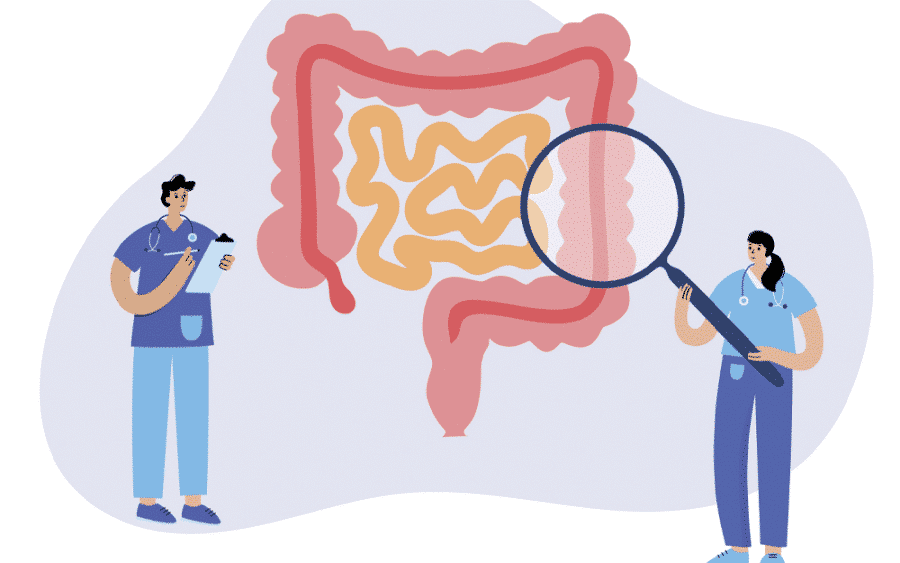Although some might underestimate its prevalence, oral cancer actually affects many people worldwide. According to the World Health Organization (WHO), there were an estimated 377,713 new cases of lip and oral cavity cancer globally in 2020, leading to approximately 177,757 deaths within the same year.
The key to combating oral cancer lies in early detection, facilitated by oral cancer screening. Oral cancer screening plays a vital role in improving treatment outcomes and increasing the chances of survival. This article encompasses everything that is necessary to know about oral cancer screening.
What Is Oral Cancer?
Mouth or oral cancer refers to the abnormal growth of cells in the lips, tongue, gums, cheeks, roof of the mouth, tonsils, or back of the throat. This cancer typically starts as a small, painless sore or lesion in the mouth that doesn't heal. Over time, the cancerous cells grow and can invade the lymph nodes in the neck and other parts of the body.
The signs and symptoms vary in each patient, depending on the stage and location of the cancer. However, if you experience any of the following persistent signs and symptoms, it's crucial to consult a healthcare professional, such as a dentist from Parkland Dental, for further evaluation:
- Ulcers, sores, or patches in the mouth that don't heal within two weeks
- Red or white patches on the mouth lining or gums
- A persistent or chronic sore throat that doesn't improve with time
- Difficulty swallowing or chewing food
- A persistent change in voice, such as hoarseness
- Numbness or pain in the mouth, lips, or tongue
- A lump, mass, or thickening in the mouth or neck
- Difficulty or discomfort while biting or moving the jaw
- Unexplained looseness of teeth without any apparent dental cause
- Pain in the ears without any signs of infection
- Unexplained and unintended weight loss
It's important to remember that these symptoms alone do not necessarily indicate oral cancer.
What Is Oral Cancer Screening?
Oral cancer screening is a painless, non-invasive, preventive procedure that dental and medical professionals conduct to detect early signs of mouth cancer or precancerous conditions. As mentioned, this test involves thoroughly examining the mouth, lips, tongue, and other oral tissues to identify any abnormalities or suspicious lesions that may indicate the presence of oral cancer.
Who Should Get Screened?
Oral cancer screening is recommended for all adults, especially those with certain risk factors. The risk factors of mouth cancer include tobacco and alcohol use, a history of oral cancer or precancerous lesions, prolonged sun exposure, human papillomavirus (HPV) infection, and a weakened immune system. Individuals who fall into these high-risk categories should prioritize regular oral cancer screenings.
What Happens During Oral Cancer Screening?
The first step in the screening process is a visual examination of the mouth. After which, the healthcare professional will palpate your neck and lymph nodes. They will carefully examine your mouth for any irregularities, such as red or white patches, sores, lumps, or other abnormal growths.
Medical professionals use a variety of techniques during the screening. One such method involves applying special dyes that help highlight abnormal cells under a particular type of light. If any suspicious areas are identified during this process, further tests like a biopsy can confirm the presence of cancerous or precancerous cells.
If any suspicious areas are found, a biopsy will confirm the presence of cancerous or precancerous cells.
Benefits Of Oral Cancer Screening
Here are the benefits of oral cancer screening:
1. Early Detection
Oral cancer screening detects cancer cells early. It significantly improves the chances of successful treatment and increases the likelihood of a full recovery.
2. Peace of Mind
Knowing that you're taking proactive steps toward maintaining your oral health can alleviate anxiety and promote overall well-being.
3. Preventive Education
Oral cancer screenings are also a great opportunity to obtain professional advice. You'll learn about the risk factors, lifestyle modifications, and self-examination techniques of this medical condition. That way, you can make informed decisions and take necessary precautions to reduce your risk of oral cancer.
When Should You Get Screened?
As a general guideline, people must undergo oral cancer screening at least once a year during routine dental check-ups. However, some individuals are at higher risk of oral cancer because of cigarette smoking and genetic factors, which may require more frequent screenings.
In addition to regular screenings, you must remain vigilant and promptly report any unusual changes in your oral health to your dentist or healthcare professional.
Conclusion
Oral cancer screening is a vital component of maintaining optimal oral health. Healthcare professionals, especially dentists, can provide timely interventions by detecting oral cancer early, improving treatment outcomes, and potentially saving lives.
Regardless of whether you fall into a high-risk category, staying informed about oral cancer and being proactive about your oral health is essential. Those at high risk should prioritize regular oral cancer screenings. Preventative measures and early detection are vital in effectively guarding against oral cancer.


